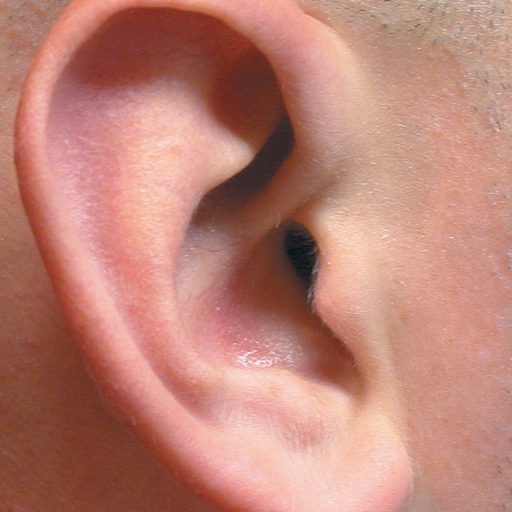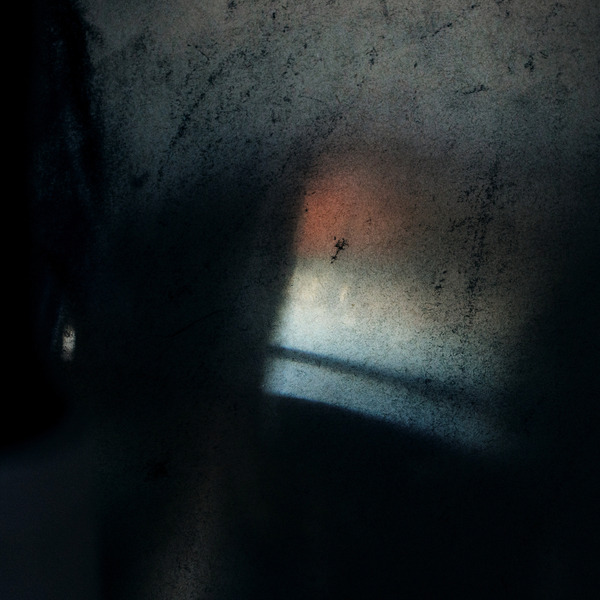Anne
Guthrie: Brass Orchids (Students of Decay)
Anne
Guthrie’s latest dives headlong into a murky and sublime world of
field recordings and ephemera. Dedicated to her deceased grandfather,
Guthrie cooly and cleverly mixes assorted environmental and interior
recordings with archival recordings of her grandfather’s piano
playing, broken up recordings, and disembodied voices. But for all of
the sublime murmurs of an opener like “Bellona,” Brass Orchids is
full of surprises. That first track is a fantastic entry point,
though; its thick drones of open air play well against microscopic
surface noise and digital grit. Haunted piano recordings resonate
deep in the distance, lending it the same Kubrickian Shining allure
of vintage Caretaker albums. What becomes clear pretty fast about
Brass Orchids is that instead of focusing on Guthrie’s talents as a
horn player, the album finds her much more fully exploring less
expected areas of sound design and collage. Only occasionally do
human voices break through the mix in any coherent way, but even then
it’s usually without context: a man haggling with a seller about some
kind of product, an announcement over a broken PA system.
“Red
Wolf” has the deep reverberation of a haunted subway station, full
of unsettling distant scrapes and crashes until Guthrie’s horn
provides a distant, forlorn moan. “Spider,” perhaps the album’s
centerpiece, feels like a 2001-esque trip through the center of your
cellphone’s handshake, skittering and bristling with electricity that
progressively gets noisier and noiser, like a recording session gone
horribly wrong. Crowd chatter bustles under the noise as a respite,
but ultimately it’s that fierce atonal grind that propels “Spider”
forward, spindly and ensnaring. Indeed, the noise reveals itself to
possibly be yet another obfuscation of Guthrie’s grandfather’s
recorded piano, so mangled that it’s hard to tell the source. After
that abrasive sprawl, the opening phrases of closing cut “Glass”
are startling, a reminder that Guthrie’s axe of choice is her French
horn. It comes through clean and clear, even with a healthy cloud of
reverb around it. But that contrast of overt musicality to the much
more abstract leanings of many of Brass Orchids’ cuts makes it a
compelling closer, connecting the dots in Guthrie’s sonic toolkit to
good effect. In the periphery are faint recordings of violin and
street noise, while Guthrie’s horn eventually layers into an cyclical
assemblage of cut ups, loops, and drones. At times introverted and
meditative, at others prickly and engrossing, Brass Orchids is a
strong outing for Guthrie. Recommended.
Buy it: Forced Exposure


0 Comments